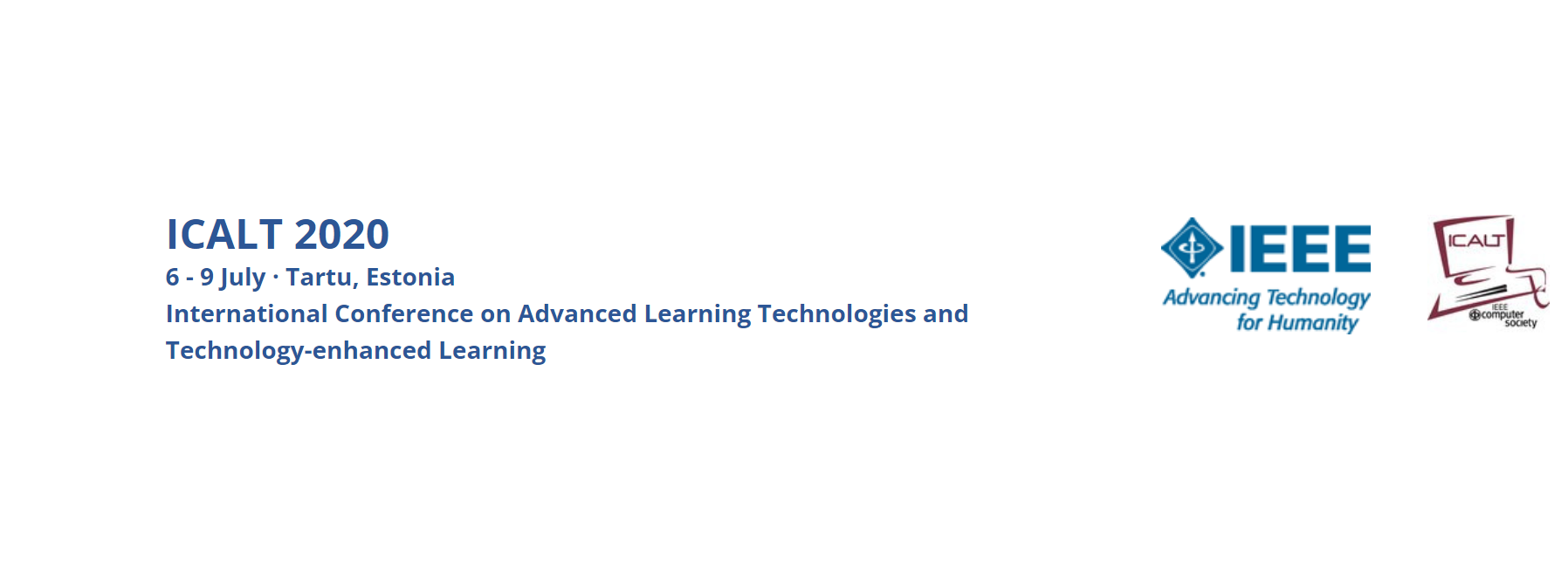
Track 13. Motivational and Affective Aspects in Technology-enhanced Learning (MA-TEL)
Track Program Chairs
Charles Hodges
Georgia Southern University, USA
(CO-ORDINATOR)
Alicia Leinaala Johnson
Virginia Polytechnic Institute and State University (Virginia Tech), USA
Brenda Cecilia Padilla Rodriguez
Autonomous University of Nuevo Leon, Mexico
Track description and topics of interest
Motivational and affective aspects of learning with technologies continue to be important areas of research for teaching and learning. Research in this area may involve teachers’ and/or learners’ perceptions, attitudes, perspectives, beliefs, preferences, self-efficacy, motivation, engagement, attention, concentration, anxiety or emotions in technology-enhanced teaching and learning.
In particular, the volume of research on the role of emotion in learning and performance has increased in recent years. However, the reciprocal functions of motivational and affective aspects in learning still need further examination, especially in technology-enhanced learning environments. For example, understanding both learner motivation and learner emotion can inform how to design or revise an online course. In addition, detecting or tracking student learning states, especially the motivational and affective states, in technology-enhanced learning environments can contribute to the design of adaptive learning experiences. Thus, MA-TEL track invites proposals focusing on integrative views of motivational and affective aspects of learning with technologies.
Topics of interest include, but are not limited to:
- Views of motivational and affective theories in technology-enhanced learning
- Impacts of motivational and affective factors on learning with technology
- Interactions between cognition and affect in technology-enhance learning
- Individual differences in affective measurements in technology-enhanced learning
- Instruments for assessing affective variables in technology-enhanced learning
- Methods for detecting or tracking motivational and affective states in learning process
- Affective computing in technology-enhanced learning environments
- Modeling, enactment and intelligent use of affective computing
- Motivational and affective regulation in technology-enhanced learning environment
- Design of scaffoldings based on motivational and affective evaluation
- Design of affective learning companions or emotive agents
- Teachers’ motivational and affective issues on the use of technology-enhanced learning
- Designing and revising technology-enhanced learning environments based on learner affect
- Detecting or tracking student visual behaviors in technology-enhanced learning
- Human computer interaction in technology-enhanced learning environment
- Other topics related to motivational and affective issues in learning with technology


